What is a Modular Building? A Guide to Modular Construction
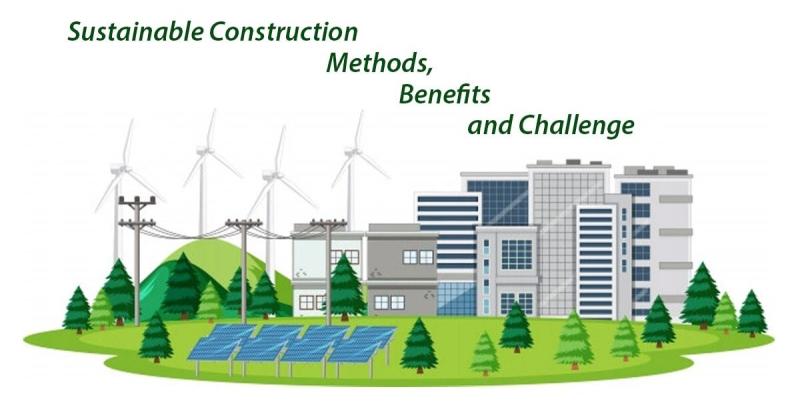
Modular buildings have been transforming the construction industry, offering an innovative and efficient approach to building design. But what exactly is a modular building, and why are so many industries turning to modular construction? This guide will help you understand the essentials of modular construction and why it is becoming a go-to solution for projects across the world.
What is a Modular Building?
A modular building is a structure that is constructed offsite, typically in a factory-controlled environment, before being transported to its final location for assembly. The modular construction process allows for buildings to be made in sections, known as modules, which can be assembled quickly onsite.
This method of construction isn't new, but it has gained significant popularity in recent years. It is now being used for a wide variety of purposes, ranging from commercial and industrial spaces to residential and educational facilities.

How Modular Buildings Are Made
Modular construction takes place offsite, where modules are manufactured in a factory setting. Up to 90% of the building's construction is completed in this controlled environment, allowing for higher precision, reduced material wastage, and minimized delays due to external factors like weather.
Once the modules are ready, they are transported to the building site and assembled. The process typically involves inter-module connections that link the individual units together, forming a unified structure.
Types of Modular Buildings
There are two main types of modular buildings: permanent and temporary.
1. Permanent Modular Buildings (PMC): These structures are designed to remain in place for long periods and are built to the same, if not higher, standards as traditional site-built structures. They can be constructed using a variety of materials, including concrete, steel, or wood. Permanent modular buildings are highly durable and often used for offices, schools, and healthcare facilities.
2. Temporary Modular Buildings: These are designed for short-term use and can be easily relocated or repurposed as needed. Temporary modular buildings are often used for events, temporary housing, or as additional office space during expansion projects.
Advantages of Modular Construction
Modular construction offers several benefits over traditional methods:
- Speed: One of the most significant advantages is the time savings. Since modules are built in a factory while site work (such as laying foundations) occurs simultaneously, the overall construction timeline can be reduced by more than 50%.
- Quality Control: Factory settings allow for more stringent quality control, ensuring that each module is built to exact specifications. This also means fewer mistakes and higher durability.
- Sustainability: Modular construction is eco-friendly. The precise manufacturing process reduces material waste, and the ability to build in a controlled environment minimizes energy consumption and emissions.
- Cost Savings: With reduced construction times and lower material waste, modular construction is often more cost-effective than traditional methods.
- Flexibility: Modular buildings can be designed to meet a variety of needs, and structures can be expanded or reconfigured over time. Additionally, they are ideal for remote locations where traditional construction may be challenging.
Applications of Modular Construction
Modular construction has proven to be versatile, finding applications in various sectors:
- Commercial Buildings: Office spaces, retail stores, and factories are increasingly being built using modular methods. These buildings provide businesses with quick and cost-effective solutions for expansion.
- Healthcare: Hospitals and clinics benefit from modular construction due to the reduced time it takes to create functional, hygienic, and durable spaces.
- Education: Schools and universities often use modular buildings for classrooms, labs, and dormitories, allowing for rapid expansion or temporary space solutions.
- Airport Infrastructure: EPACK Prefab has contributed to the growth of India's airport infrastructure through modular construction, completing projects like the Sarwasa Airport in Saharanpur.
Why Choose Modular Construction?
Modular construction offers a modern, efficient solution to many of the challenges faced by traditional building methods. Its ability to provide faster construction times, cost savings, and sustainability makes it an ideal choice for many industries. Whether it's for a temporary project or a permanent installation, modular buildings have proven to be a robust and adaptable solution.
As modular construction continues to evolve, companies like EPACK Prefab are leading the charge, offering comprehensive prefabricated building solutions across sectors. With over 24+ years of experience in the field, EPACK Prefab has been a trusted partner in the construction of modular buildings for a wide range of applications, including warehouses, factories, and airport terminals.
Explore the future of construction with modular buildings—efficient, sustainable, and built to last.
EPACK Prefab is a leading manufacturer of prefabricated and modular buildings in India, specializing in delivering tailored solutions for industries ranging from industrial sheds to airport terminals. Contact EPACK Prefab today to learn how modular construction can streamline your next project.
Related Article - Modular Prefabricated Buildings: The Future of Construction

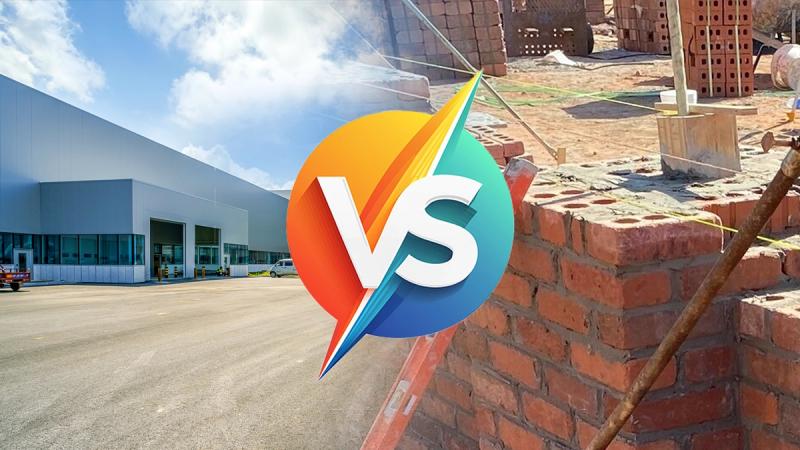
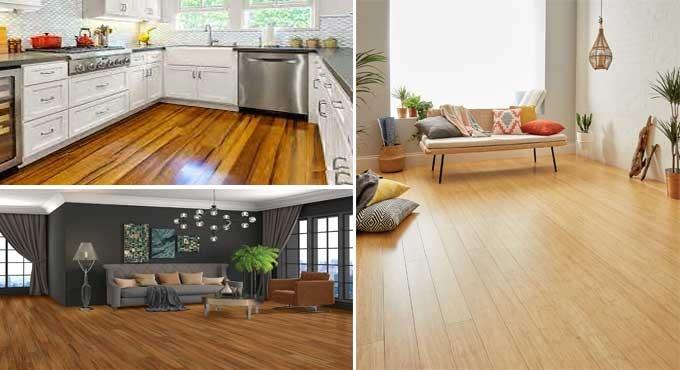
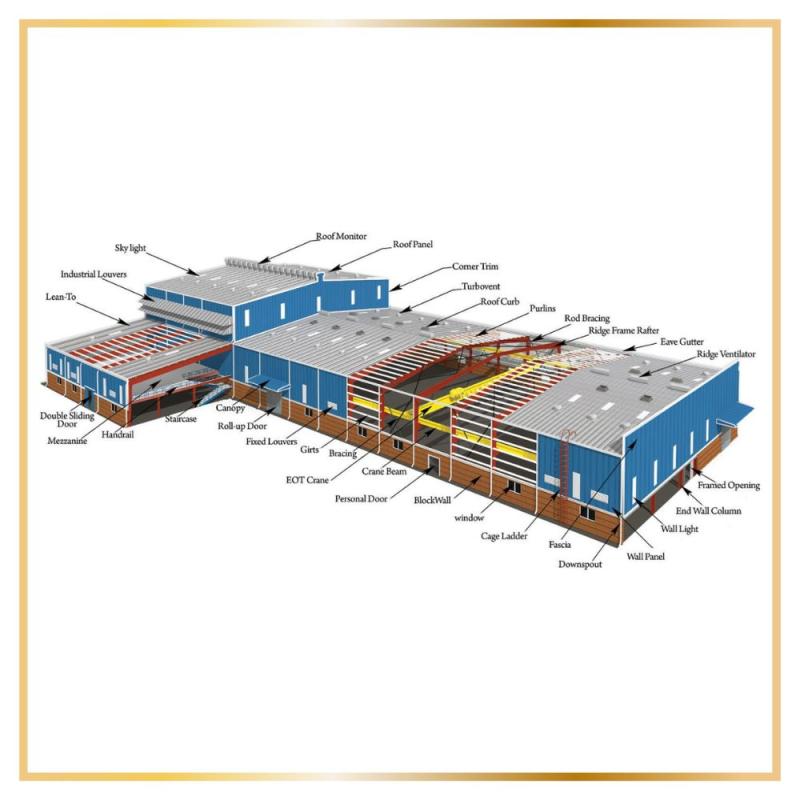
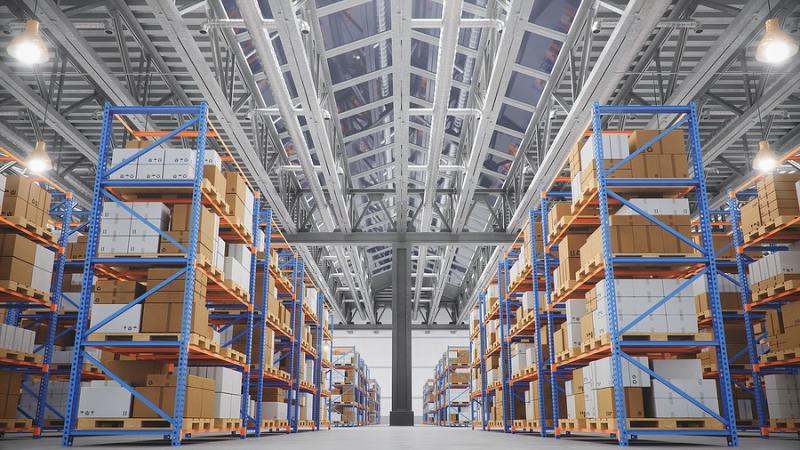



Comments